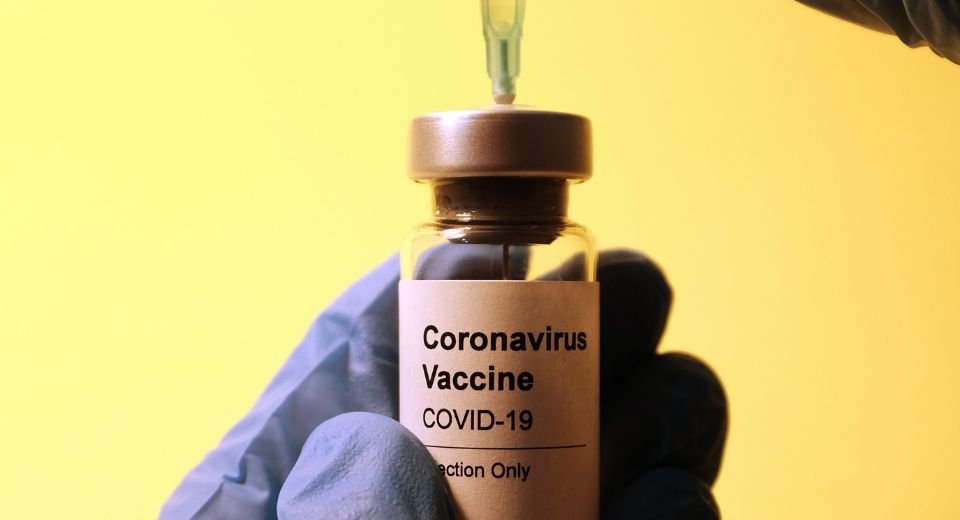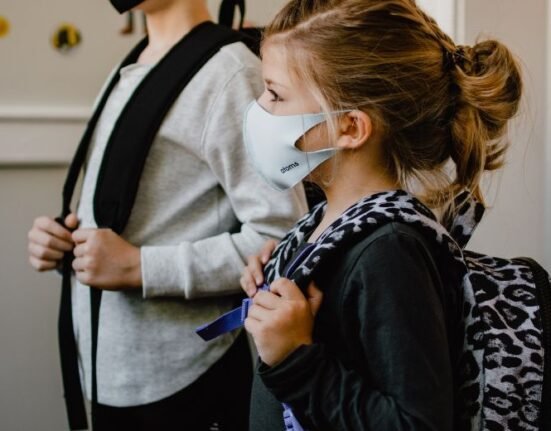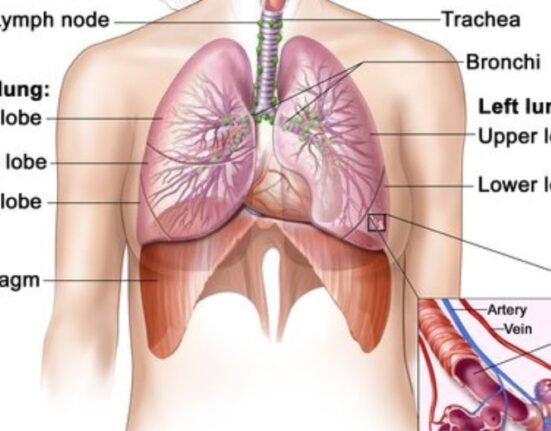HQ Team
January 12, 2023: The number of sequences to detect the presence of the Covid-19 viral genome, being shared with WHO, has dropped by more than 90%, and the number of countries sharing them has fallen by a third.
Dr Tedros Adhanom Ghebreyesus, the World Health Organization’s director general, said that genome sequencing helped develop the first tests and vaccines.
“Understandably, countries cannot maintain the same levels of testing and sequencing they had during the Omicron peak,” he said. “At the same time, the world cannot close its eyes and hope this virus will go away. It won’t.”
Sequencing remained vital to detect and track the emergence and spread of new variants, such as XBB.1.5. “We urge all countries now experiencing intense transmission to increase sequencing and to share those sequences.”
More than 6.5 million people have lost their lives since the pandemic started three years ago. Last week, about 11,500 deaths occurred — 40% from the Americas, 30% from Europe and 30% from the Western Pacific region.
Under-reporting from China
“This number is almost certainly an underestimate given the under-reporting of Covid-19-related deaths in China,” Tedros said.
From February last year, the number of deaths reported to WHO each week has dropped by almost 90%. Since mid-September, the number of weekly reported deaths has been between 10 and 14 thousand weekly.
“The world cannot accept this number of deaths when we have the tools to prevent them. During the last six months of last year, people aged 65 or over accounted for almost 90% of all reported deaths,” he said.
The data WHO receives from countries is inadequate to give a clear picture of who is dying and why. Only 53 out of 194 countries provide data on deaths that are disaggregated by age and sex.
“As we enter the fourth year of this pandemic, we ask all countries to provide this data. The more data we have, the clearer a picture we have,” Tedros said.
Investment in testing at-risk people to ensure they receive adequate care and in tracking the virus remains vital.
Cholera outbreak
The director general, the first African to attain the position, United Nations Security Council had extended the authorisation for cross-border humanitarian operations for an additional six months in war-torn civil Syria.
“Humanitarian needs have reached their highest levels since the conflict began. Syria is now facing a harsh winter and a cholera outbreak that has already affected tens of thousands.”
Since January last year, 31 countries have reported cholera outbreaks, 50% more than in the preceding years. The outbreaks themselves are both more widespread and deadly than usual, the WHO stated.
“The common denominator for many of these outbreaks is climate-related events, such as storms, floods and droughts,” Terdos said.
Haiti, Malawi and Syria are among the worst-affected countries.
In October, the International Coordinating Group that manages the global cholera vaccine stockpile suspended the standard two-dose vaccination regimen for cholera, using instead a single-dose approach to extend the supply.
“Production is currently at maximum capacity, and despite this unprecedented decision, the stockpile remains very low,” he said.
An Ebola outbreak in Uganda has ended after four months, Terdos said.








